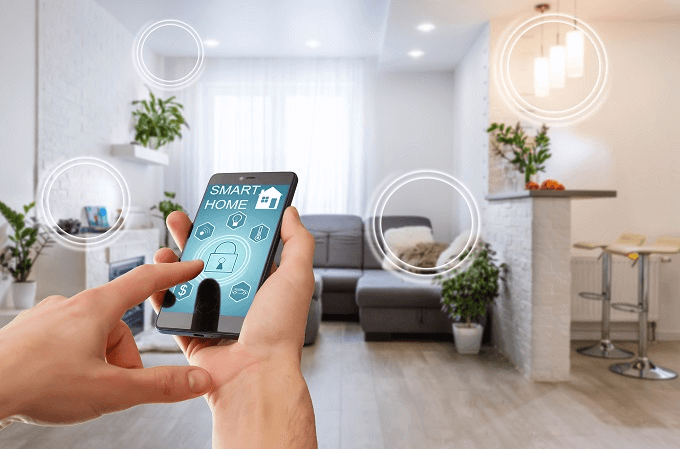In an era where technology seamlessly integrates into our daily lives, the concept of a 'smart home' has become increasingly appealing to homeowners and businesses alike. However, with the rise of interconnected devices, the importance of cyber security in smart homes cannot be overstated. As we embrace the convenience of smart technology, we must also recognize the potential vulnerabilities that come with it.

The Growing Popularity of Smart Homes
Smart homes have transformed the way we live, offering unparalleled convenience and efficiency. From voice-activated assistants to automated lighting and security systems, these innovations have become an integral part of modern living. Yet, with the increasing number of connected devices comes the risk of cyber threats that can compromise our privacy and security.
Understanding the Risks
The integration of various smart devices creates multiple entry points for potential cyber-attacks. Hackers can exploit these vulnerabilities to gain unauthorized access to your home network, steal sensitive information, or even control your devices. It is crucial to be aware of these risks and take proactive measures to safeguard your smart home environment.
Implementing Robust Cyber Security Measures
To protect your digital sanctuary, implementing robust cyber security measures is essential. Here are some key strategies to consider:
1. Secure Your Network
Ensure that your home network is secure by using strong, unique passwords and enabling network encryption. Regularly update your router's firmware to protect against known vulnerabilities. Consider setting up a separate network for your smart devices to isolate them from your primary network.
2. Regular Software Updates
Manufacturers frequently release software updates to address security flaws. Keep your smart devices up to date by enabling automatic updates or regularly checking for the latest firmware versions. This simple step can significantly enhance your smart home's security.
3. Invest in a Reliable Security System
Investing in a reliable security system can provide an additional layer of protection for your smart home. From surveillance cameras to motion sensors, these devices can help deter potential intruders and provide real-time alerts in case of suspicious activity. For more insights on smart security camera placement, visit smart security camera placement tips.
Choosing Secure Smart Devices
When building a smart home, it is important to choose devices from reputable manufacturers known for their commitment to security. Look for devices that offer strong encryption protocols, regular security updates, and user-friendly privacy settings. For a comprehensive guide on setting up a smart home, check out everything you need to know to set up your smart home.
4. Educate Yourself and Your Family
Knowledge is power when it comes to cyber security. Educate yourself and your family members about potential threats and safe online practices. This includes recognizing phishing attempts, avoiding suspicious downloads, and using secure passwords for all devices and accounts.
The Future of Smart Home Security
As technology continues to evolve, so do the methods employed by cybercriminals. Staying informed about the latest security trends and advancements is crucial to maintaining a secure smart home environment. By adopting a proactive approach to cyber security, you can enjoy the benefits of smart technology without compromising your privacy and safety.
Seamless Integration with Safety
Ultimately, the goal is to achieve seamless integration of technology and safety in our smart homes. By prioritizing cyber security, homeowners and businesses can create a digital sanctuary that offers both convenience and peace of mind.
For additional resources on smart home safety, consider exploring this smart home checklist.

FAQs
1. What are the most common cyber threats to smart homes?
The most common cyber threats to smart homes include unauthorized access to devices, data breaches, malware attacks, and phishing scams. These threats can lead to the theft of personal information and unauthorized control of smart devices.
2. How can I improve my smart home's network security?
Improving your smart home's network security involves using strong passwords, enabling network encryption, and keeping your router and devices updated. Setting up a separate network for smart devices can also enhance security.
3. Are there any smart devices that are more secure than others?
Devices from reputable manufacturers with a strong focus on security tend to be more secure. Look for devices that offer encryption, regular updates, and customizable privacy settings. Researching and comparing products can help you make informed decisions.

